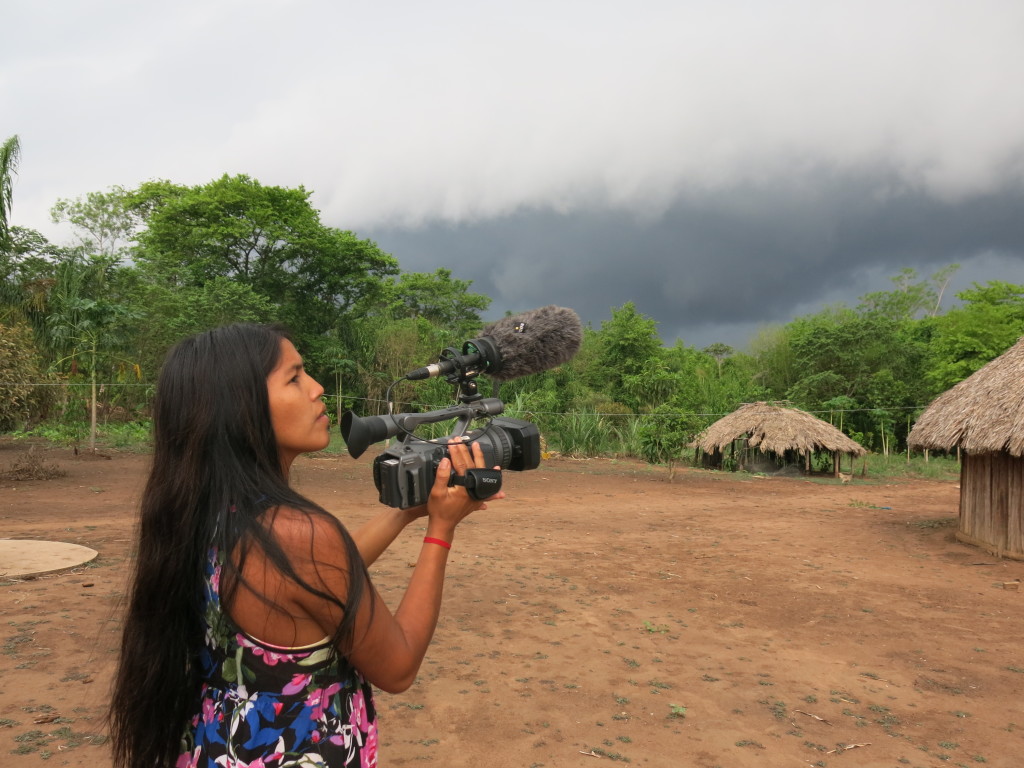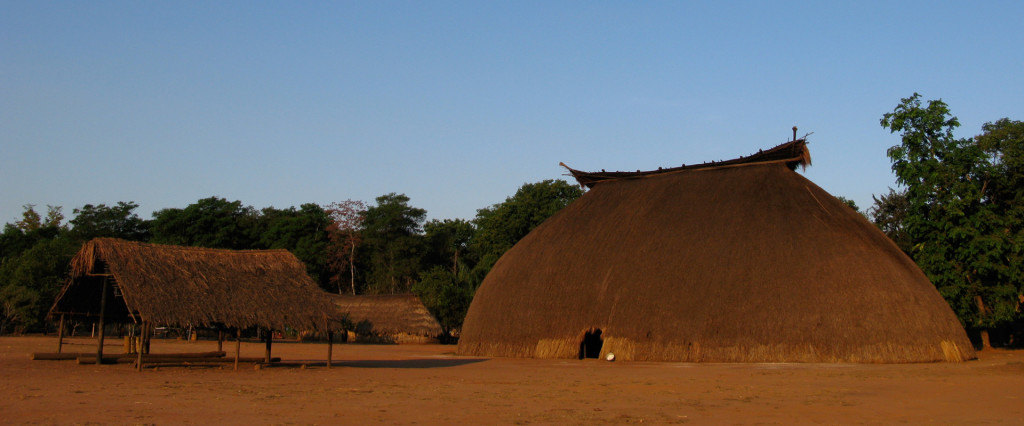Every day, Instituto Catitu strives to support indigenous women in their fight for their rights and their greater role.
In January, the Project of Audiovisual Training for Indigenous women took to São Paulo kawaiweté women of the Xingu Indigenous Land to edit the recorded material about the cooking. We worked with photos and footage shot by them, from the harvest of the main food to preparation recipes, thus recording the vast agricultural and culinary knowledge of Kawaiweté people. In September, another video workshop was held with the Xingu village Kwaruja women continuing their training and project on traditional cuisine.
Instituto Catitu also provided support to the Meeting of Indigenous Women of the Xingu, conducted by the Yamurikumã Association, aiming to strengthen the role of women in the Xingu Indigenous Park. The meeting brought together 320 people, including 250 women from 16 ethnic groups.
It was part of the agenda to discuss the role that the Yamurikumã Association should exercise for women to have more political power and participation in decision-making within and outside the Indigenous Land.
By supporting a women’s organization and audiovisual training, Instituto Catitu seeks to create conditions for the Xingu women to express themselves in their own perspective and encourage the emergence of young leaders.
Ikpeng Culture Documentation Center – a unique project that brings together the village cultural production.
In the Moygu village on the Xingu, we conducted a workshop of the Kureko project, continuing the training of young people responsible for the digital database of Ikpeng Culture Documentation Center, a unique project that brings together and provides access to its cultural production. The activities take place in Mawo, which is the memory, production and dissemination center of Ikpeng culture.
In Amazonas, in April, Instituto Catitu was invited by CTI – Indigenist Work Center – to conduct a workshop of audiovisual training with Marubo people in Vale do Javari. Eight teachers from indigenous schools and three women learned to shoot with the goal of making a video about Marubo school education. At the end of the year, in São Paulo, Robson and Reinaldo, two Marubo teachers, came to Instituto Catitu to edit the film to be distributed in the villages.


